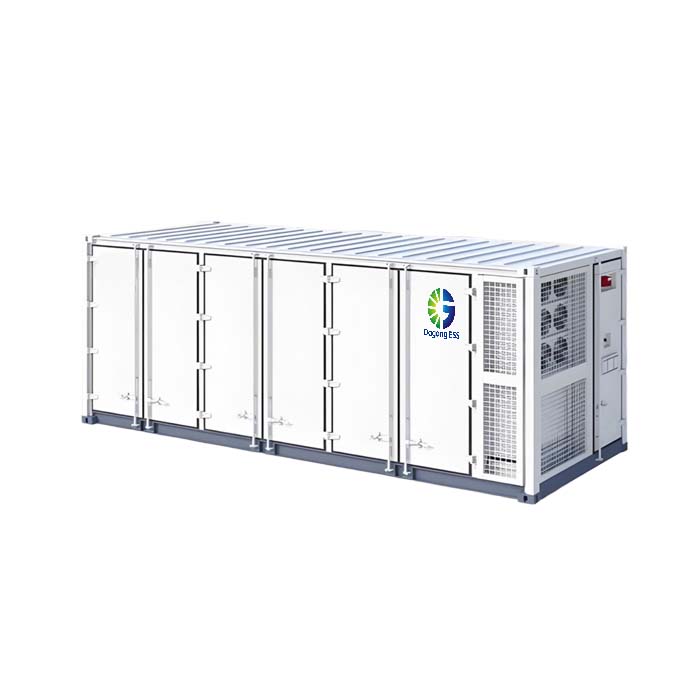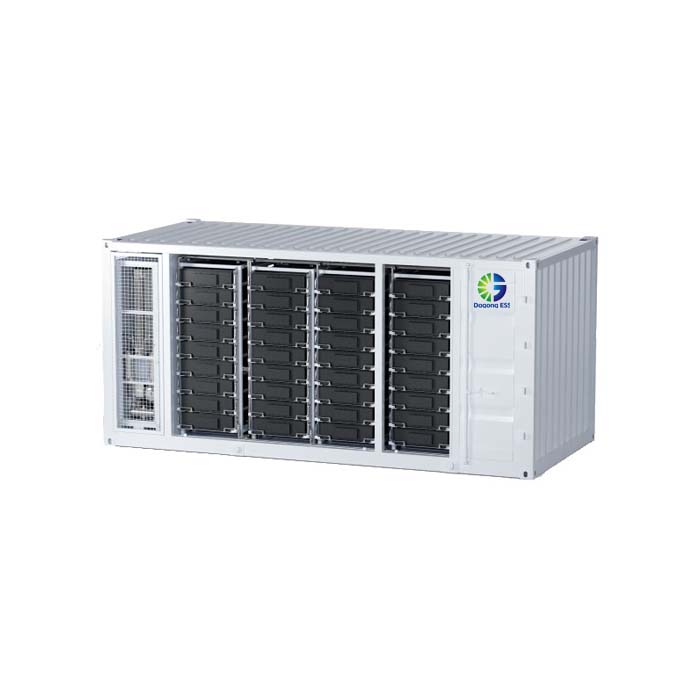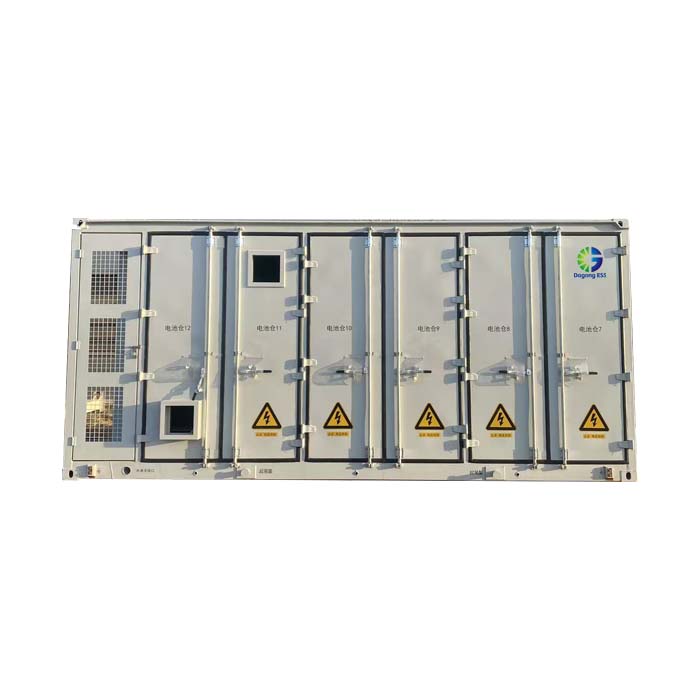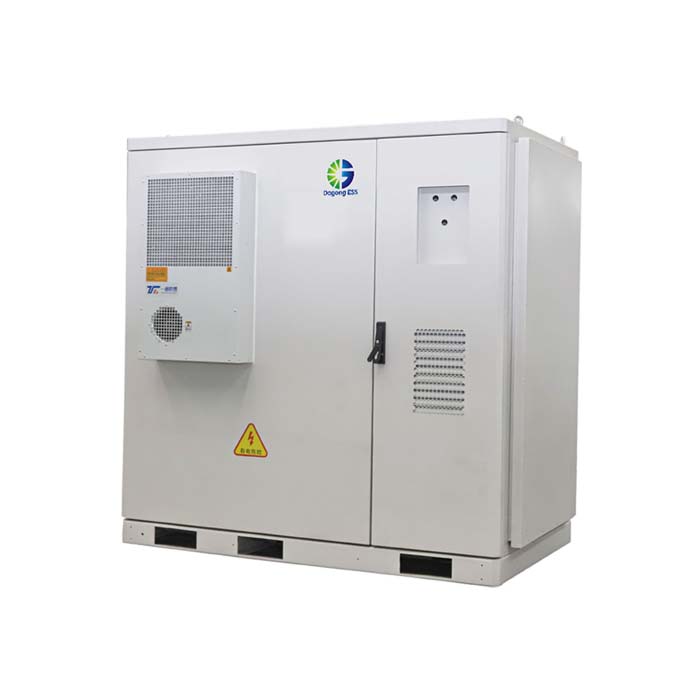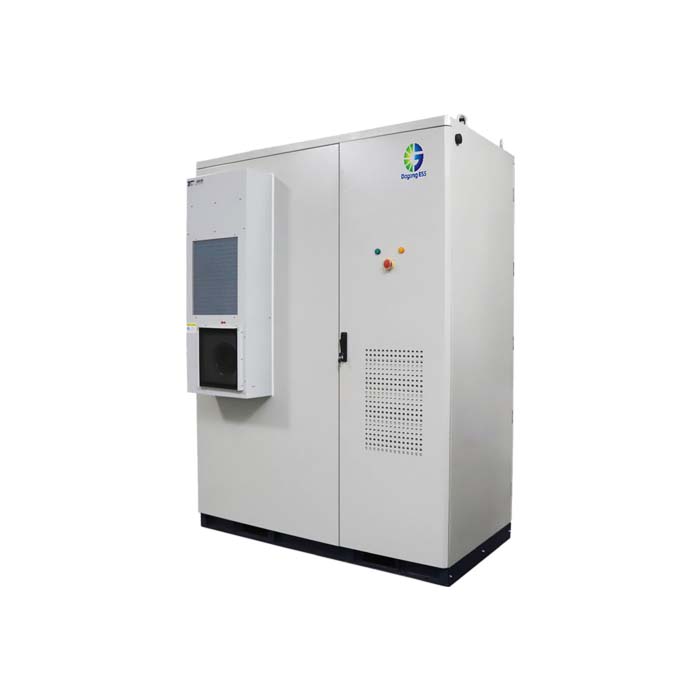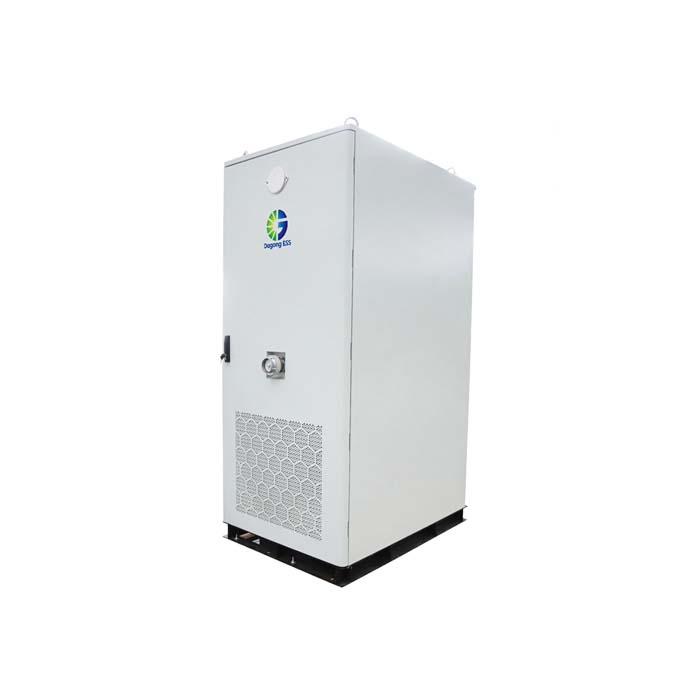PCS in Energy Storage Systems: Types, Features, Prices, and Selection Guide
What is PCS in ESS?
A Power Conversion System (PCS) is a critical component in energy storage systems (ESS). It serves as the interface between the battery system and the power grid or load, managing the conversion between AC (alternating current) and DC (direct current). PCS ensures bidirectional energy flow, enabling both charging and discharging of the energy storage batteries.
In modern lithium battery ESS, the PCS plays an essential role in energy optimization, grid compliance, frequency regulation, and voltage control. It also integrates with the Battery Management System (BMS) and Energy Management System (EMS) to ensure stable and safe operation.
Types of PCS in ESS
AC-Coupled PCS
Operates independently from the solar inverterCommon in retrofitting systems or where modularity is needed
DC-Coupled PCS
Shares DC bus with PV inverterSuitable for new hybrid installations, with higher efficiency
Centralized PCS
Large capacity, used in container ESS and utility-scale projects
String PCS
Modular and scalable, often used in C&I energy storage cabinets
Features of PCS in ESS
Bidirectional Inverter Function: Seamlessly charges and discharges batteries
Grid-forming or Grid-following Modes: Supports different grid services
High Efficiency (≥97%): Minimizes energy loss
Communication Compatibility: Supports protocols like Modbus, CAN, Ethernet
Safety Protection: Includes over/under-voltage, short-circuit, and islanding protection
Smart Control: Works with EMS/BMS for optimized dispatching
Applications of PCS in ESS
Residential ESS: Enables time-of-use optimization and backup power
Commercial & Industrial ESS: Reduces peak demand charges, increases self-consumption
Utility-Scale ESS: Provides frequency regulation, voltage support, and spinning reserve
Microgrids: Balances generation and load in off-grid or hybrid systems
EV Charging Stations: Supports fast charging and peak shaving when integrated with ESS
Price of PCS in ESS
The price of a PCS depends on multiple factors:
Rated Power: Ranges from 5kW (residential) to 2.5MW (utility-scale)
Configuration: AC or DC coupled, hybrid integration, string or central
Certifications: CE, UL, IEC, etc.
Customization: Communication protocol, control modes, IP rating
Typical prices range from $200/kW to $350/kW, but exact quotes depend on project specifications, shipping terms (EXW, FOB, CIF), and order volume.
How to Select PCS for Your Project?
When selecting a PCS, consider the following:
Application Scenario: Residential, commercial, or grid-scale?
System Size: Ensure compatibility with battery pack and load
Grid Requirements: Compliance with local standards (e.g., IEEE 1547, EN50549)
Efficiency and Power Factor: Higher efficiency = better ROI
Cooling Type: Air-cooled vs. liquid-cooled based on environment
Smart Features: Remote monitoring, fault detection, AI-based dispatch
Consult with a professional ESS supplier to select the best-fit PCS configuration for your needs.
How Long Does PCS Last?
A high-quality PCS typically has a lifespan of 10 to 15 years, depending on:
Operating environment
Maintenance frequency
Quality of components
Usage cycles
Proper thermal management and protective design can significantly extend the service life.
The Supplier of PCS in ESS
Dagong ESS is a trusted supplier of integrated energy storage systems equipped with high-performance PCS solutions. Their product line includes:
Residential ESS with hybrid inverters (5kW to 30kW)
Commercial & industrial ESS cabinets (100kWh–241kWh)
Containerized ESS (3.35MWh to 5MWh) with central PCS
Compatible with global grid standards and communication protocols
Dagong ESS provides customized PCS integration, remote monitoring, and after-sales support to ensure reliable performance and seamless system operation.


